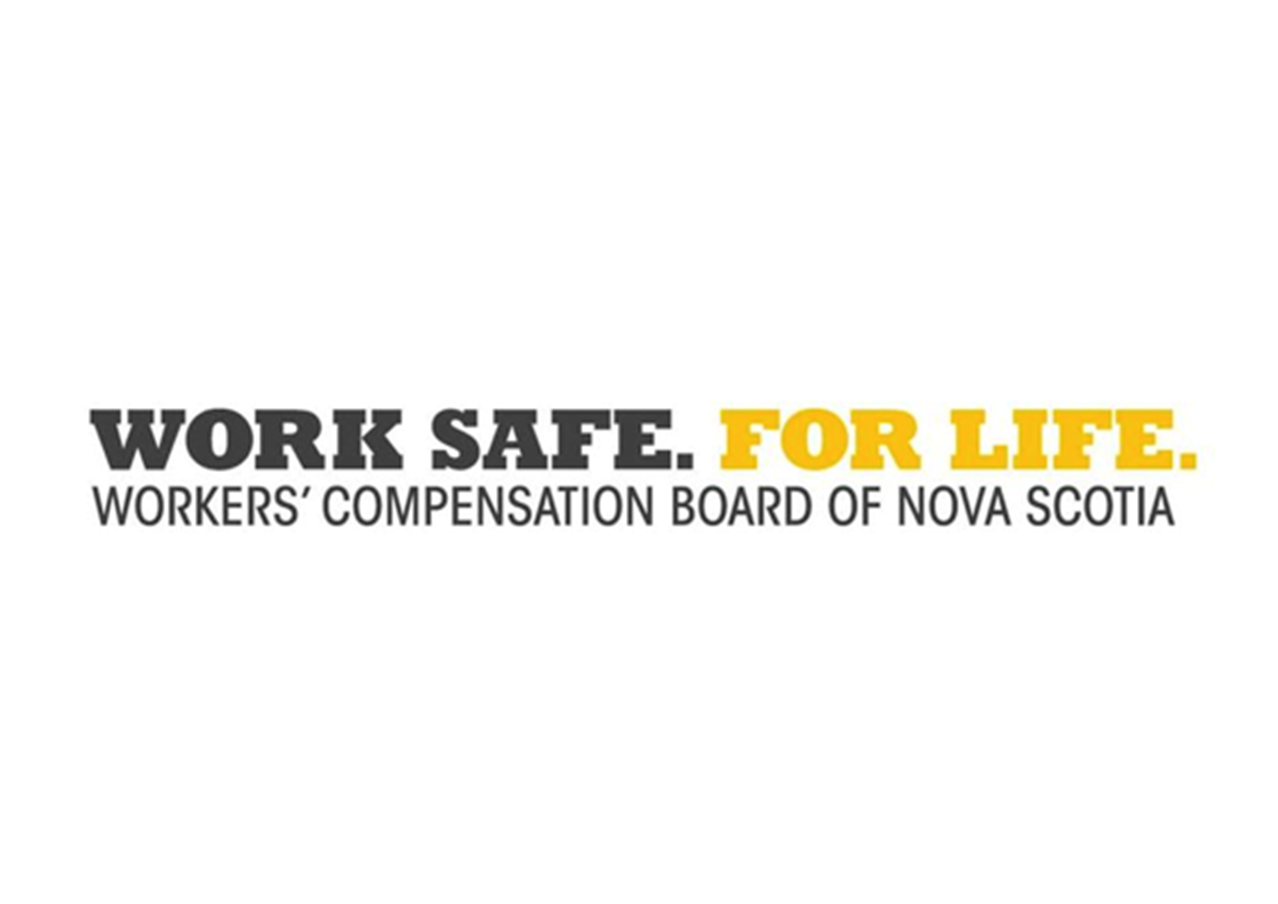Despite low injury rates, it takes far too long to create healthy, safe returns to the workplace
HALIFAX, NS – In 2020, people injured on the job in Nova Scotia were off work for a total of 3,131 person-years – a staggering statistic that has very real human and economic impact, WCB Nova Scotia reported today in the organization’s annual statistical summary.
In 2020, Nova Scotia reached a new low in the number of time-loss claims, at 4,997. Most of these injuries continue to be sprains and strains, mostly to the back. At the same time, workers and employers experienced a new high in lost time from the job due to injury, totaling over 1.1 million days, with an average of 178 lost days per claim.
The statistics are being reported during Safety and Health Week. The WCB says the numbers show how important it is to stay connected with workers who are hurt on the job, so they benefit from everything work offers – and that a good return-to-work plan is a big part of a healthy workplace.
WCB Nova Scotia CEO Stuart MacLean says this is a call to action for the organization, for workers, employers, and health care providers across the province.
“The good news is fewer Nova Scotians are being injured on the job,” says MacLean. “The bad news is that when they are, it takes far too long for all of us to work together to bring about safe, healthy, return to work – and that work has such value to people, and to our province.”
Although the pandemic’s impact on the workforce is a big part of the reduction in claim volumes, MacLean adds that the new low in time-loss workplace injury still speaks to long-term progress in Nova Scotia’s safety culture, and the dedication of workers, employers, and stakeholders to safer outcomes.
Reduced access to physiotherapy and other health services during part of 2020 is also part of the reason for the increasing time lost to workplace injury, as is the fact that transitional duties weren’t always options during lockdowns.
But the underlying issues when it comes to claim durations are much more complex, MacLean adds.
Increasing psychological injury and an aging population are also contributing to the problem. For example, in 2000, the average age of a Nova Scotian injured on the job was 37. In 2020, it was 43.
MacLean says he’s optimistic that by working together, employers, health care providers, the WCB, workers, and their families can improve outcomes in return to work, while also continuing progress in workplace injury prevention.
A step in that direction is WCB’s Working to Well program, an Atlantic-Canada-wide partnership built to raise awareness, and provide tools and resources when it comes to adopting the principle that work is healthy, with the goal of improving return to work outcomes. Today, approximately 100 employers are joining WCB Nova Scotia for the first-ever webinar on the topic.
This week, the WCB also expanded its COVID-19 prevention campaign to workplaces, with a digital-first, innovative approach that asks leaders to step up, and to leverage the health and safety best practices we’ve all learned during the pandemic.
“Throughout the past year, we’ve learned new ways to keep ourselves and each other safe,” MacLean says. “If we can do that when it comes to COVID-19, then we can build on that for the future, as a vaccinated economy gets back to business, and as we move forward together.”
By the numbers:
• 1,142,835 days were lost from work, as workers recovered from workplace injury;
• Registered claims were down 20 per cent –19,994 in 2020 from 24,900 in 2019;
• Time-loss injuries were down 12 per cent – 4,997 in 2020 from 5,663 in 2019;
• Injury rate per 100 covered workers was down eight per cent – 1.54 in 2020 from 1.67 in 2019;
• The average claim duration increased 21 per cent – 178 days in 2020 from 147 in 2019;
• As reported earlier this year, there were 32 workplace fatalities in 2020 – 18 from acute incidents on the job, and 14 due to occupational illness, or health events at work.



